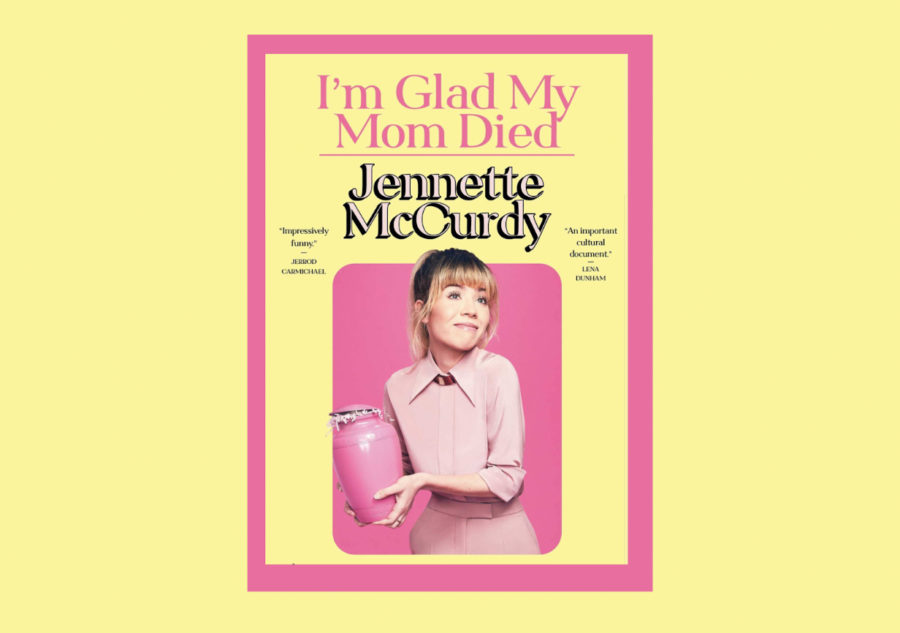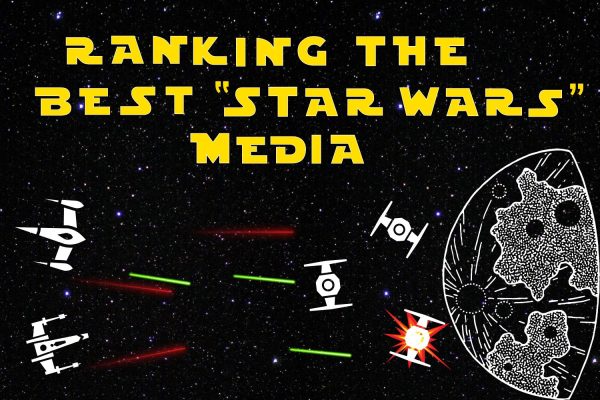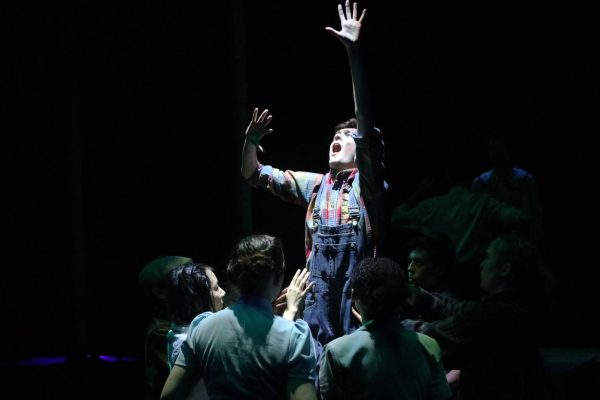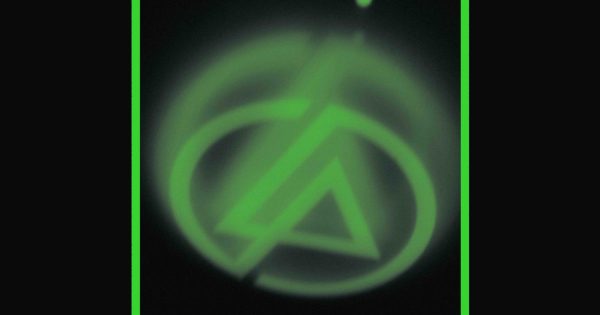Jennette McCurdy’s “I’m Glad My Mom Died” certainly had her mother rolling in her grave
There have been a lot of books that set the media ablaze, but not many are like “I’m Glad My Mom Died” by Jennette McCurdy. The book tells McCurdy’s life story, from her early childhood, to her start in acting and struggles with family, friends, disorders and toxic environments. Whether it was the title, the author or the supposed unveiling of dark secrets, I knew this book would pack a punch. Often, books with great reviews don’t live up to their acclaim, but McCurdy successfully captures all the elements of a great memoir, telling her story and keeping it interesting.
I adored the story-telling format the memoir took. It starts off with McCurdy as a child, taking a look at her memories and giving us a glance at her family, home and general living. She introduces us to her previously cancer-stricken mother: a dramatic, controlling and bipolar woman who is the obvious antagonist. Along with her mom, we meet her troublesome brothers, attention-seeking grandmother, silent father and somewhat decent grandfather.
The book includes ideals McCurdy holds close to her heart, such as being pushed into acting, her background in Mormonism and her struggles with abuse and OCD. I love how McCurdy gives a direct view of what’s going on from her own perspective into her mother’s work to “enhance her natural beauty,” including uncomfortable body checks and extensive scrutiny.
By the time we finally see her land her most popular role as Sam on Nickelodeon’s “iCarly,” it’s painfully obvious how damaged her morale is. She gives descriptions of her mortification of her own physical changes, as well as the constricting diet she is on because of her painful attempt to “stop growing up.” Her vivid depictions and personal recounting makes the tragedy feel all the more real.
McCurdy struggles to find her independence from the things enforced by her mother, who continues to steer whatever she does, making her lack of control over her personal life obvious as she interacts with her cast members. We also get surprising accounts on Nickelodeon, from the way her promised solo show became a duo show, to the channel offering her $300,000 to not recount her negative experiences with them.
After leaving Nickelodeon, McCurdy attempts to get back into acting, but her new show gets canceled. That’s when her mother relapses, and succumbs to cancer, and McCurdy develops an eating disorder, leading her to spend the rest of the book on the long road of recovery. Struggling with bulimia, fame and relationships, we see her forge a hard way out of the path that she’d never wanted in the first place.
It was hard to start off seeing McCurdy embracing her mother’s erratic behavior, but it becomes crystal clear throughout the book and it’s almost physically painful. It’s like you’re on this journey with her watching all this happen. She took all these awful things as incentive and as ways to please her demanding mother. She was even happy joining in on her mothers dangerous habits because it gave her her mother’s loving attention.
It almost feels like a victory to later see McCurdy free from expectations and forging a way to improve. She wrote this book and was able to share stories of how dark the industry is and how we don’t exactly know what’s going on behind the scenes. The book was McCurdy’s way to tell her story and finally get closure, and it was an eyeopener to read.

Junior Hannah Mathew is a reporter and this is her second year on staff. She loves classical music — specifically Tchaikovsky — and enjoys reading,...













